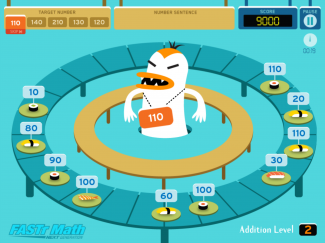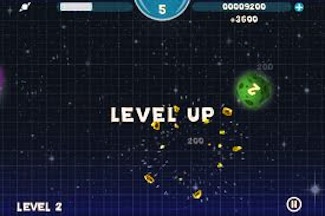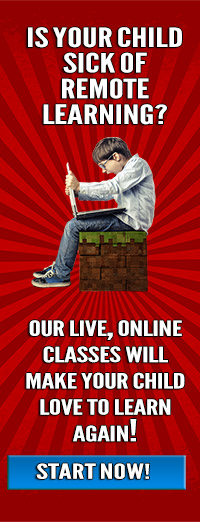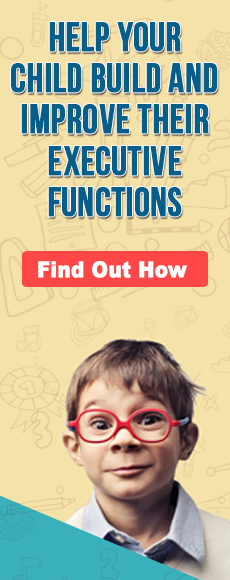 Genre: Educational
Genre: Educational
Recommended LWK Games: Sushi Monster, Math vs. Zombies, Gamestar Mechanic, Mathtopia, Cargo Bridge, Big Brain Academy, Mathmateer, Brain Age, Art Style: Base 10, Meteor Math
Popular M-Rated Games: N/A
Common Thinking Skills Used: Focus, Self-Awareness
Description:
Educational games are designed to teach players academic skills through engaging, fun gameplay. In the past, many educational games where designed to be educational first, and entertaining second. This resulted in a lot of games packed with educational information, but simply weren’t fun. Kids don’t like to play games that are no fun, so it should come as no surprise that many of these games get ignored by children.
Thankfully, with the launch of the iTunes and Google Play app stores, a slew of creative, engaging and — most importantly — fun games have hit the market which do a great job at teaching and engaging children in a variety of academic activities.
Focus
Getting started and then maintaining attention and effort to tasks.
 Educational games commonly revolve around performance tracking, with the score reflecting how well players understood and applied academic concepts. As a result, strong concentration and attention skills are required in order for players to earn high scores and progress further into the game. Intense focus also helps to ensure children are absorbed in the game, helping them to better grasp and retain educational information while playing and later apply it outside of the game.
Educational games commonly revolve around performance tracking, with the score reflecting how well players understood and applied academic concepts. As a result, strong concentration and attention skills are required in order for players to earn high scores and progress further into the game. Intense focus also helps to ensure children are absorbed in the game, helping them to better grasp and retain educational information while playing and later apply it outside of the game.
Self-Awareness
Understanding and articulating her own thoughts and feelings
 Self-evaluation is an important part of learning, as it helps children understand their own academic strengths and weaknesses. The parameters for failure in these games mean players are given immediate feedback on their performance, helping them to understand the areas of academics they have a good grasp on (parts of the game in which they do well) and the areas they need to work on most (sections of the game where they repeatedly fail). Understanding these strengths and weaknesses is the first step to building academic skills and helps kids develop a well-rounded understanding of a subject.
Self-evaluation is an important part of learning, as it helps children understand their own academic strengths and weaknesses. The parameters for failure in these games mean players are given immediate feedback on their performance, helping them to understand the areas of academics they have a good grasp on (parts of the game in which they do well) and the areas they need to work on most (sections of the game where they repeatedly fail). Understanding these strengths and weaknesses is the first step to building academic skills and helps kids develop a well-rounded understanding of a subject.





